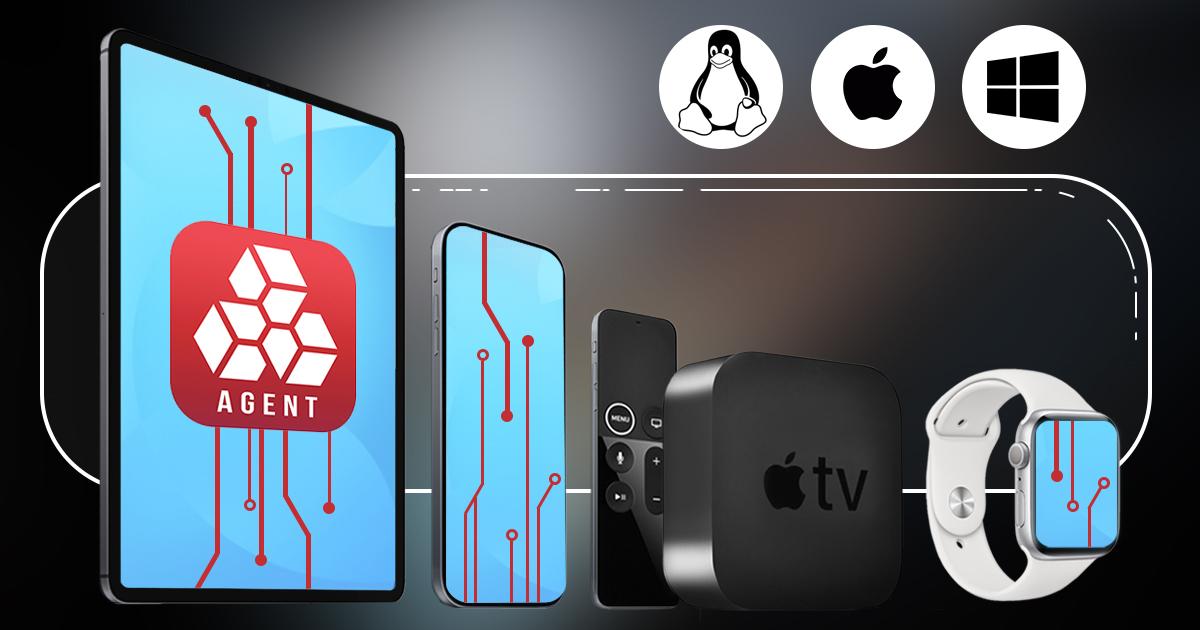In the world of mobile forensics, physical acquisition is still the way to go. Providing significantly more information compared to logical extraction, physical acquisition can return sandboxed app data (even for apps that disabled backups), downloaded mail, Web browser cache, chat histories, comprehensive location history, system logs and much more.
Lockdown files, otherwise known as pairing records, are well known to the forensic crowd for their usefulness for the purpose of logical extraction. A pairing file created on one computer (the user’s) can be used by the expert to pull information from the iOS device – that, without knowing the PIN code or pressing the user’s finger to unlock the device. Lockdown records do carry their fair share of limitations. For example, their use is severely restricted if the device has just rebooted or powered on and was not unlocked with a passcode afterwards.
2FA, 2SV, Apple, backup, FaceID, iCloud, ios 10, ios 11, iPhone, iTunes, password, Security, TouchID
We loved what Apple used to do about security. During the past years, the company managed to build a complete, multi-layer system to secure its hardware and software ecosystem and protect its customers against common threats. Granted, the system was not without its flaws (most notably, the obligatory use of a trusted phone number – think SS7 vulnerability – for the purpose of two-factor authentication), but overall it was still the most secure mobile ecosystem on the market.
Since early days of iOS, iTunes-style system backups could be protected with a password. The password was always the property of the device; if the backup was protected with a password, it would come out encrypted. It didn’t matter whether one made a backup with iTunes, iOS Forensic Toolkit or other forensic software during the course of logical acquisition; if a backup password was enabled, all you’d get would be a stream of encrypted data.
With all attention now being on new iPhone devices, it is easy to forget about the new version of iOS. While new iPhone models were mostly secret until announcement, everyone could test iOS 11 for months before the official release.
Apple is about to launch its next-generation iOS in just a few days. Researching developer betas, we discovered that iOS 11 implements a number of new security measures. The purpose of these measures is better protecting the privacy of Apple customers and once again increasing security of device data. While some measures (such as the new S.O.S. sequence) are widely advertised, some other security improvements went unnoticed by the public. Let us have a look at the changes and any forensic implications they have.


